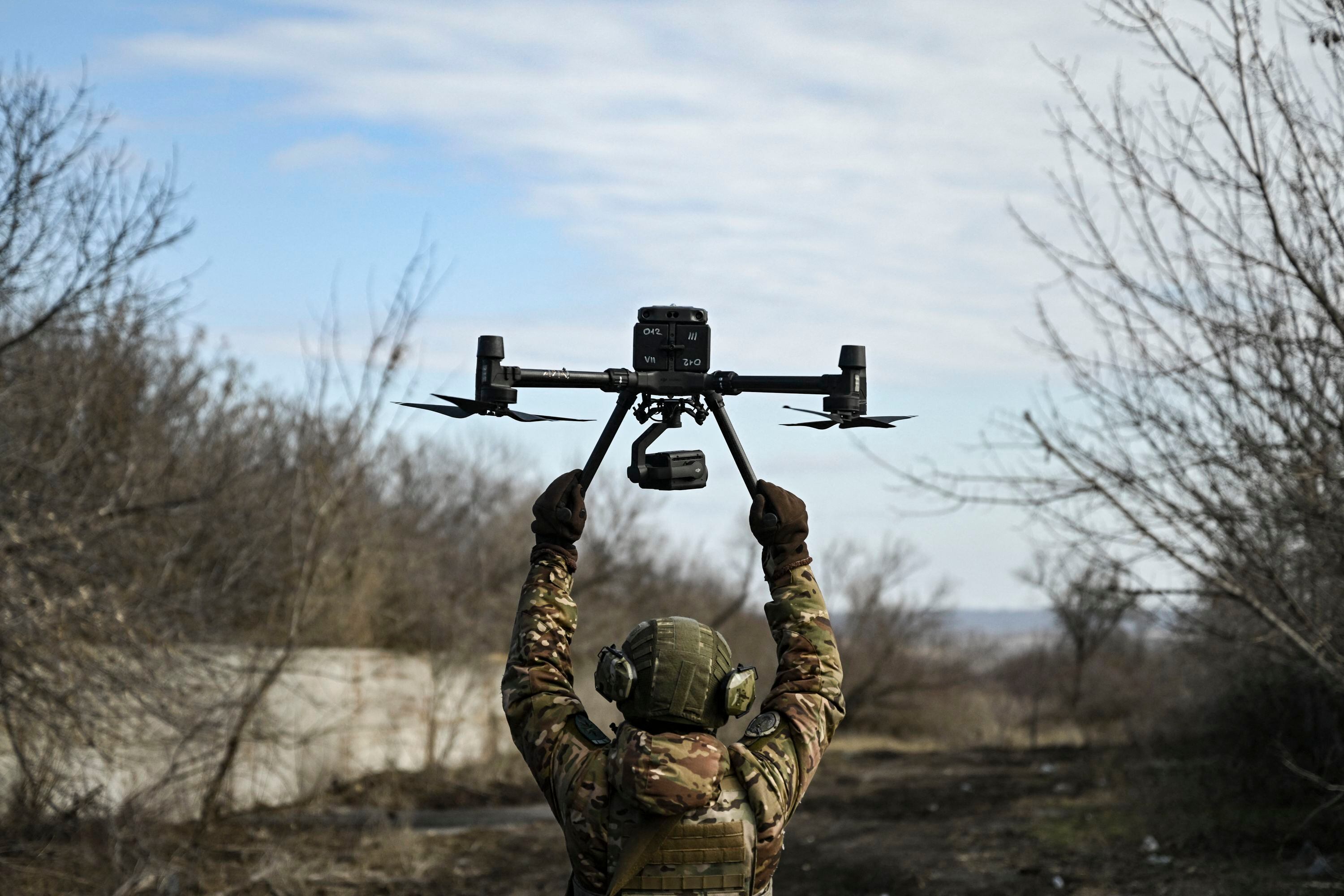
The heads of G7 diplomacy warned on Tuesday of “severe costs” for those who help Russia in their war against Ukraine and showed a united front in the face of another geopolitical challenge such as China.
After a two-day summit in the bucolic Japanese mountain town of Karuizawa, the foreign ministers of these leading economies presented no new measures against Moscow, but vowed to respond to those who help Russia evade sanctions or acquire weapons.
The ministers also showed their opposition to the “militarization activities” from Beijing in the South China Sea and reiterated their policy on Taiwan.
The statement generated a furious reaction from Beijing, which accused the ministers of “maliciously slander and defame China”.
The diplomatic heads of the G7 they also asked North Korea “refrain” to carry out new missile launches or nuclear tests.
Although Ukraine and regional challenges dominated the summit, the ministers addressed other issues of international geopolitics.
In the midst of fighting between the army and paramilitary groups in Sudan, the signatories in their statement urged “immediately stop the violence (…) and return civil power to Sudan”.
They also condemned the increasing restrictions imposed against women and minorities by the Taliban authorities in Afghanistanwhich they described as “systematic abuses”.
Taliban government spokesman, Zabihullah MujahidHe replied that “foreign countries must not meddle in the internal affairs of Afghanistan”, the principles and laws of which are the business of the Afghans.
They also asked for theimmediate revocation” of “unacceptable decisions” of the Taliban, such as the ban on women working with the UN and non-governmental organizations in Afghanistan.
“Irresponsible nuclear rhetoric”
But the two crises that dominated the discussions of this group – made up of Canada, France, Germany, Italy, Japan, the United Kingdom and the United States – were Ukraine and the growing military and economic weight of China.
His ministers promised to continue “intensifying” sanctions against Russia and increase efforts to impose “severe costs” to those who offer Moscow arms or other support.
They also lashed out at Russia’s “irresponsible nuclear rhetoric” and called the deployment of tactical weapons in Belarus “unacceptable.”
“As Ukraine prepares to launch a counter-offensive to retake its territory (…) we are with Ukraine”, declared to journalists the US Secretary of State, Anthony Blinken.
The statement made it clear that the ministers were aware of the controversy sparked by French President Emmanuel Macron’s words after his visit to Beijing, where he urged the EU not to follow the US on Taiwan.
“No change in basic positions of G7 members on Taiwan”, says the communiqué, which highlights that peace and stability in that area is “indispensable” for global security and prosperity.
“For the first time in the history of the G7, we were able to confirm in writing our commitment to a free and open international order based on the rule of law.”, declared the Japanese Foreign Minister Yoshimasa Hayashi.
blinken He said he had never seen a “greater convergence” of views on China and Taiwan, and the statement warns Beijing on various issues, from its nuclear arsenal to its trade practices.
Specifically, he reproaches Beijing for the expansion “accelerated” of its nuclear arsenal and expresses concern that China is developing “increasingly complex delivery systems without transparency, good faith arms control or risk reduction measures”.
And although without directly mentioning the Asian power, he advocates increasing cooperation against “economic coercion”, in reference to the practice of instrumentalizing import and export rules for political purposes.
Even the warning against supporting Russia in Ukraine can be read as a message to China, which has received several warnings from Western countries not to supply Moscow with weapons.
Chinese diplomatic spokesman Wang Wenbinreplied that the ministers ignored “objective facts, grossly interfered in China’s internal affairs, and maliciously slandered and slandered China.”
This meeting paved the way for next month’s G7 leaders’ summit in Hiroshima, where Japan’s Prime Minister Fumio Kishida wants to make nuclear disarmament a priority.
Tuesday’s communiqué devotes a large segment to disarmament and non-proliferation, but with little content on new commitments and references to “today’s difficult security environment”, suggesting a complicated path to achieve progress.
It also asks countries to transparently document their arsenals, urges Russia to respect the moratorium on nuclear tests and calls on China to hold talks on “risk reduction” with Washington.
Photo: AFP
Source: Gestion
Ricardo is a renowned author and journalist, known for his exceptional writing on top-news stories. He currently works as a writer at the 247 News Agency, where he is known for his ability to deliver breaking news and insightful analysis on the most pressing issues of the day.











